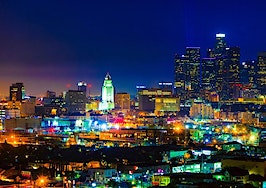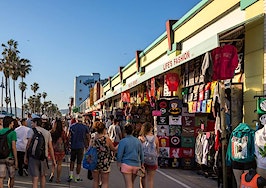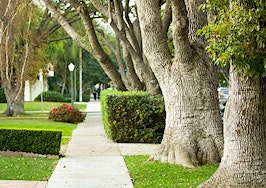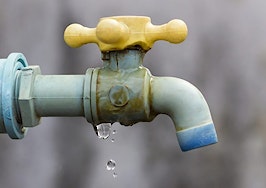- Beverly Hills may be one of the nation's most famous suburbs.
- Not only has the city been the setting for numerous tv shows and movies, but the rich and famous frequent the city's stately hotels and hot restaurants.
- The median price of a Beverly Hills home is well north of $2 million.
Some suburbs need no introduction.
Case in point: Beverly Hills. Need we say it’s in Los Angeles county? Or even that it’s in California?
90210, anyone? The Beverly Hillbillies? The Beverly Hills Cop movie franchise? Pretty Woman? The city is famous for, well, being the playground of the rich and famous.
Lavish living abounds in Beverly Hills.
In it’s just over 100-year existence, it has set the standard for luxury living, luxury shopping and celebrity sightings. It is surrounded on all sides by LA or West Hollywood, and is close to Bel Air, the mountains and beaches. Through the city runs Rt. 2, which connects it to both the ocean and the nearby desert.
[Tweet “Beverly Hills – that’s where I want to be”]
The city has a variety of boutique and luxury hotels within its borders. The hospitality sector is one of the largest employers. That includes those who work at many of the lavish spas within the city limits. Retail is a large employer, too – but not just any retail as famed Rodeo Drive is in Beverly Hills.
The City of Beverly Hills prides itself on providing a variety of music performances and opportunities to enjoy art. Music in the Mansion, at famous Greystone Mansion, is one of those opportunities, where the city blends a historic property and great music into a sensory delight.
According to Areavibes, the area does very well for livability – good schools and graduation rates, nice weather, and an abundance of amenities. It gets a “C” grade for crime and an “F” for affordability. That failing grade is because the median home price, according to Best Places, is $2,679,700. That helps put Beverly Hills’ cost of living at more than 478 percent of the national average.
After the city came to be a century ago, just 674 people were counted by the U.S. Census in 1920. But by 1930, the population mushroomed to more than 17,000. The growth slowed substantially since then, and even reversed slightly in the 80s and 90s. It has since grown slowly, and now the population stands at about 34,200. The population is now spread relatively evenly among all age groups.
Beverly Hills is served by a public school district with four elementary grade schools, and two high schools. In addition, private schools and schools with religious affiliations all serve all grade levels.





